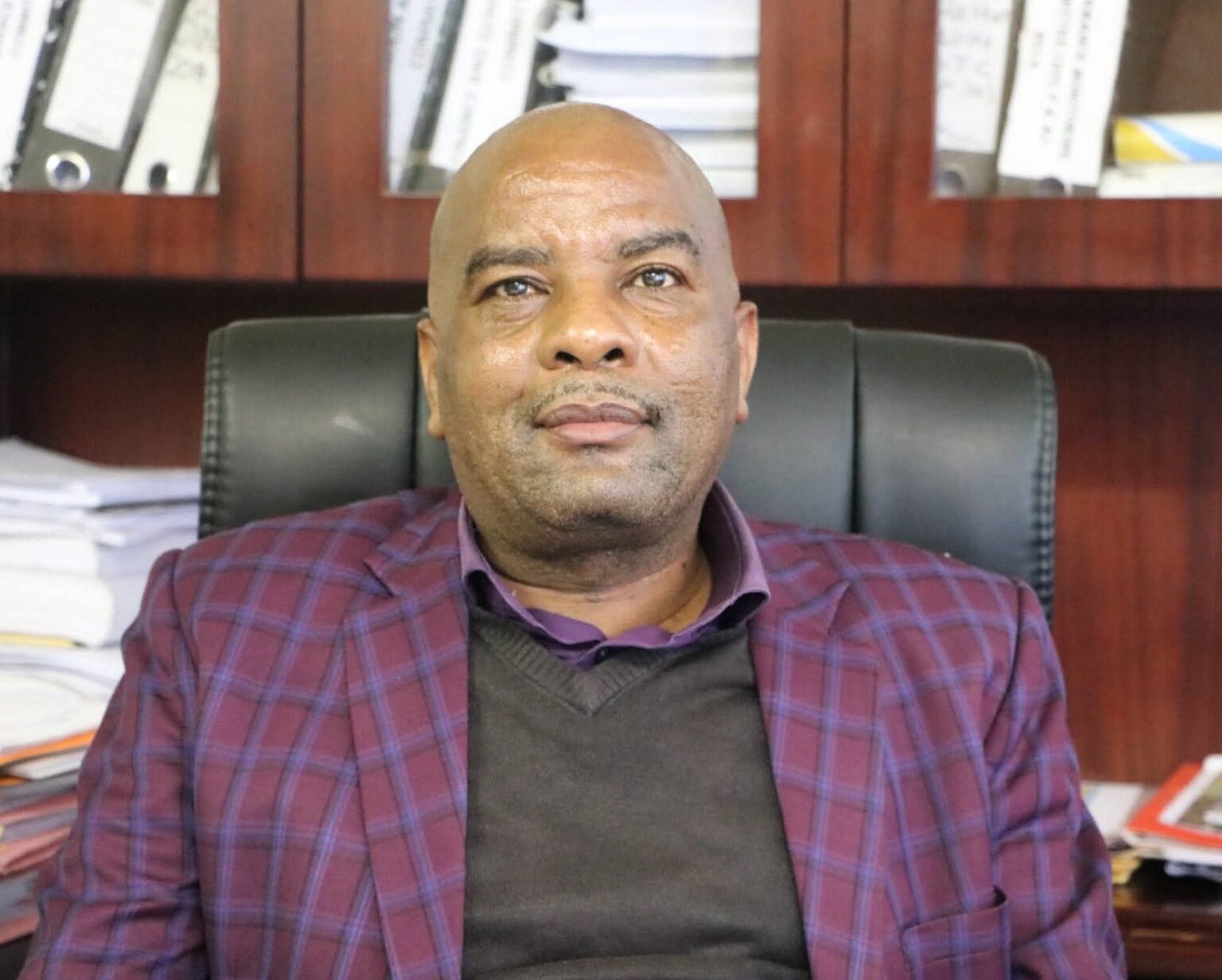The Gaborone City Council (GCC) has announced its intention to increase revenue streams in response to severe cash flow challenges that recently left it unable to pay salaries and wages for December. This decision comes as the council faces mounting financial pressure and seeks sustainable solutions to stabilize its operations.
Deputy Clerk – Finance, Daniel Katjinotjiwa, revealed that the council had to approach the Accountant General for additional funding of over 25 million pula to address its immediate financial obligations. Despite this intervention, the council recognizes the need for long-term measures to ensure financial stability and improve service delivery.
Katjinotjiwa explained that the council’s inability to meet its payroll obligations underscored the urgency of diversifying and increasing its revenue streams. “The challenges we face are significant, and we must take bold steps to ensure the council remains functional and responsive to the needs of residents,” he stated.
While specific strategies to increase revenue have not been detailed, potential measures could include revising municipal rates, enhancing collection systems, and exploring public-private partnerships to boost income. Additionally, the council may look into streamlining operations to cut costs and improve efficiency.
The financial struggles of the GCC have raised concerns about the broader implications for service delivery and staff morale. Residents and stakeholders have called for greater transparency and accountability as the council navigates these challenges.
As Gaborone continues to grow, ensuring a stable and effective municipal council will be crucial for managing the city’s development. The proposed revenue enhancement measures are expected to play a vital role in securing the financial health of the council and maintaining public trust.
The GCC is expected to provide further updates on its plans in the coming weeks. Residents will be watching closely to see how the council addresses these pressing issues while balancing the interests of taxpayers and employees.










